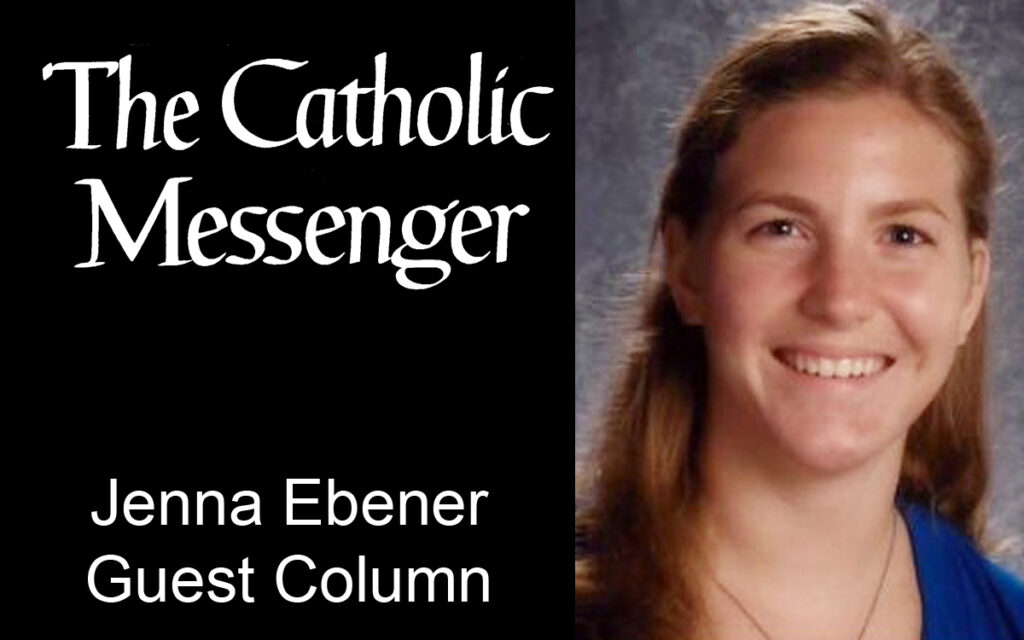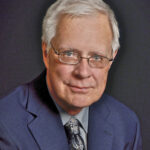By Jenna Ebener
I recently watched the new animated Disney movie “Raya and the Last Dragon.” A core theme of the movie is trust. The main character, Raya, has difficulty trusting others after she was betrayed by someone she thought was a friend. In the end, she learns that hatred only leads to more distrust. The only way to repair a difficult relationship is to treat that person the way you wish they would treat you, even if you do not think they deserve that kindness.
 Sound familiar? It should! For that is the message Jesus repeatedly preached in the Bible as one of God’s greatest commandments: “‘Teacher, which is the greatest commandment in the Law?’ Jesus replied: ‘Love the Lord your God with all your heart and with all your soul and with all your mind.’ This is the first and greatest commandment. And the second is like it: ‘Love your neighbor as yourself’” (Matthew 22: 36-39).
Sound familiar? It should! For that is the message Jesus repeatedly preached in the Bible as one of God’s greatest commandments: “‘Teacher, which is the greatest commandment in the Law?’ Jesus replied: ‘Love the Lord your God with all your heart and with all your soul and with all your mind.’ This is the first and greatest commandment. And the second is like it: ‘Love your neighbor as yourself’” (Matthew 22: 36-39).
If we do not love our neighbor, then we cannot fulfill the greatest commandment and love God, for God is in each and every one of our neighbors. I feel like this message is even more relevant as our country starts to return to “normal” as COVID-19 cases decrease. I, like Raya, am struggling with my trust in others.
Quite a few people I respected and considered as friends before COVID-19 did not act as I would have hoped during the pandemic, so I distanced myself from them. Some of that distancing was necessary, especially working at a medically fragile school. However, I often found myself wrapped up in judgements and anger at what I considered a lack of consideration. As a result, as things started to open back up, at first, I found it hard to be around those people again. I could only focus on how they hurt and disappointed me.
My mental health therapist helped me realize that I would not be able to move beyond those emotions unless I embraced them. So, I started that process by slowly being around those people again. As negative emotions occur, I acknowledge them, feel them, and then ask God to help me move on from them. Then, I have found that I am also able to experience the positive emotions that come from being around a community again.
It is still a work in progress for me, but the message about trust in the movie has served as a guide for me. After going through the pandemic, I understand more about how easy it can be to get wrapped up in negative emotions. But, if we never take that first step towards those with whom we disagree, then why should they treat us any differently? If we show distrust toward them, then why should they trust us? How can they change if we ourselves refuse to change? We reap what we sow — hatred yields hatred while love yields love. It all comes back to God’s golden message: treat others how you want to be treated.
Is there someone in your life you wish would act differently? What happens if you act how you hope they will act? It may not be instantaneous, and it will likely be difficult, but without love, there will be no change. “Whoever does not love does not know God, because God is love” (1 John 4:8).
(Jenna Ebener, who has a Master of Social Work from St. Ambrose University in Davenport, is a social worker at a school in Colorado for students with medical needs.)











